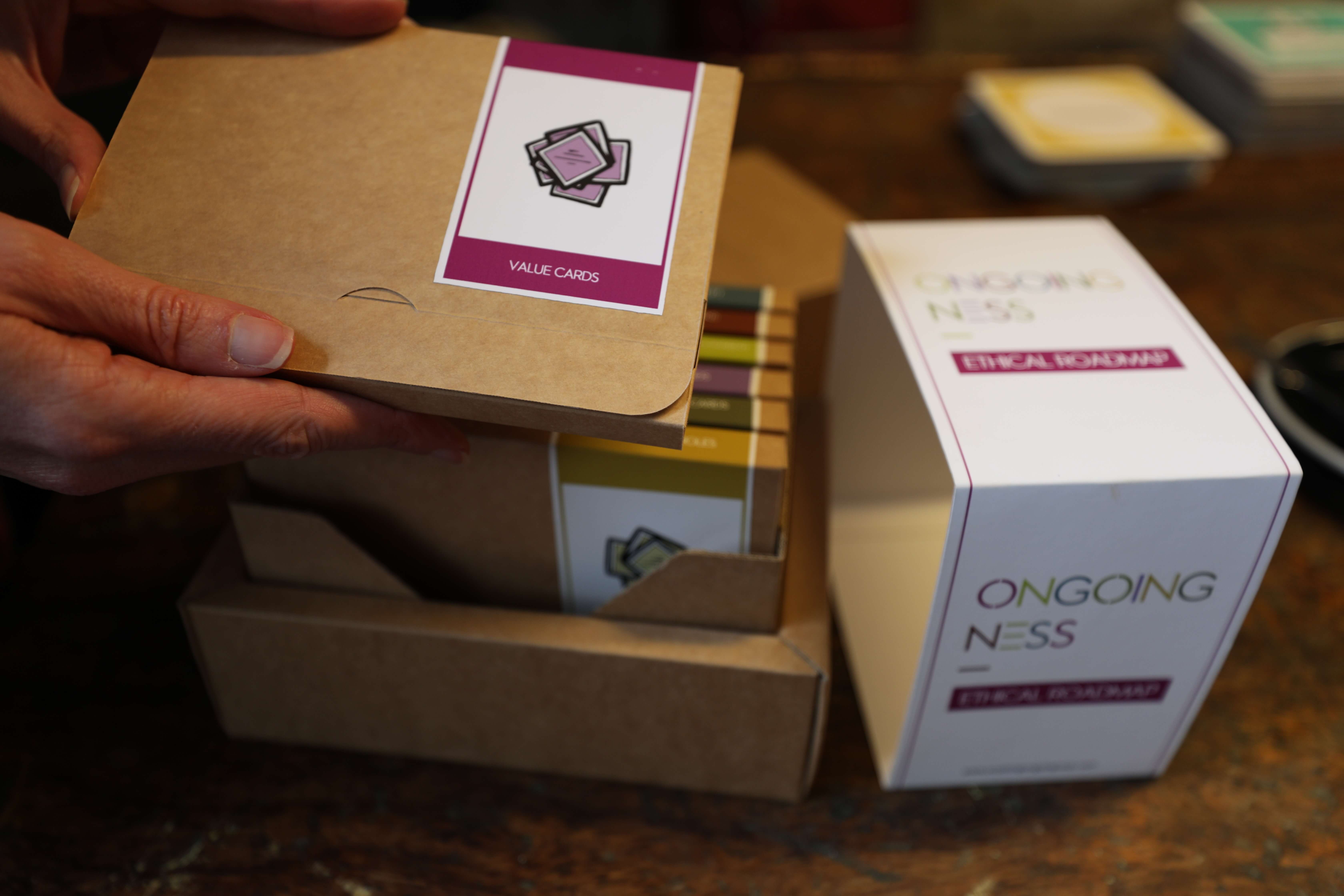The EPSRC funded project was a design engagement with older people, people living with dementia, people approaching the end of their lives and people who were bereaved.
Funded by: EPSRC
Partners: Northumbria University; Newcastle University; BBC; Marie Curie; CRUSE Bereavement; National Council for Palliative Care
Team: Claire Craig, Helen Fisher

The aim of the research enquiry, Enabling Ongoingness, was to find new ways to capture and represent something meaningful about an individual and their relationships through a combination of physical things and digital media.
The research demonstrated the potential benefits that design and digital technologies can bring to people to offer new ways to: (i) Express a sense of who they are in the present, but also for the future; (ii) Make objects and media content to support other people after one’s death; (iii) Enable people, who are already bereaved, to maintain lasting bonds in new ways with someone who has now died.
The project, Enabling Ongoingness is so called because the term ongoingness suggests that our relationships with each other, especially the most personally meaningful of these, do not end if someone dies. For many people there is continuity and something that lasts that can be of great comfort and inner support for people when they are bereaved.
Outputs
A project website offers a more detailed description of this work.
The Enabling Ongoingness project has provided an opportunity for the research team to contribute to a broader ethics research agenda and create an Ethical Roadmap resource. This roadmap is described in a research paper published in Design For Health:
Claire Craig, Jayne Wallace, Kyle Montague, Nantia Koulidou, Helen Fisher, Luis Carvalho, Linnea Groot, Julie Trueman, Shaun Lawson, Kellie Morrissey, Trevor Duncan & Joshua South (2021) Development of an ethical roadmap, Design for Health, 5:1, 140-160, DOI: 10.1080/24735132.2021.1908653
Related news >> Book launch: Ongoingness by Jayne Wallace and Josh South
 to top
to top
